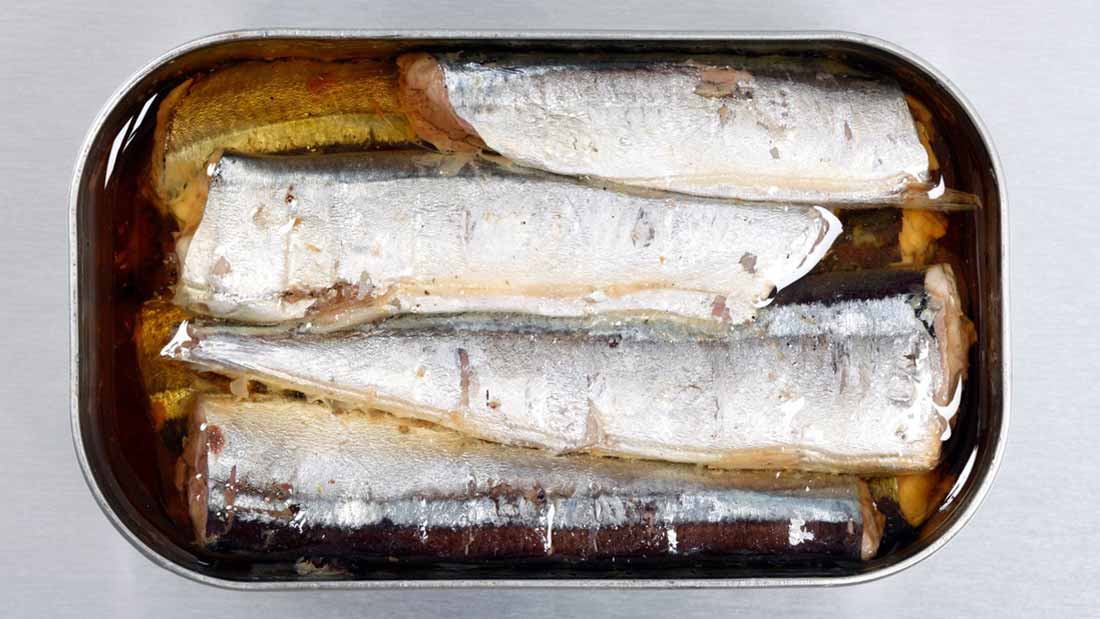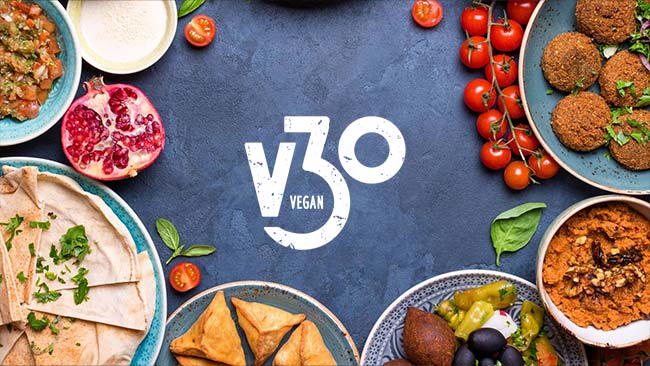Fats in fish

The recommendations to eat fish are centred around the omega-3 fats fish contain – and so-called oily fish are a particularly rich source. Oily fish include herring, pilchards, salmon, sardines, sprats, trout and mackerel.
Omega 3 fats are essential for us – we cannot make them so we have to have them in our diet but fish are neither the only nor the best source. There are three types of omega-3 fats. The one called ALA (alpha-linolenic acid) is found in seeds, such as flaxseed, chia or hemp seeds and walnuts. Your body converts ALA to EPA (eicosapentaenoic acid) and DHA (docosahexaenoic acid) which are then used for various purposes. Fish oils contain ready-made EPA and DHA which is why some people think they are better sources of omega-3s but due to the widespread contamination and overfishing, this is simply not true.
What’s more, fish only contain these omega-3s (EPA and DHA) because they eat tiny algae – called microalgae – that produce them. There is a wide range of algal omega-3 supplements available and they are much healthier and more sustainable than fish and their oils.
When you eat fish, you’re not just eating omega-3 fats, you’re also eating saturated fat and cholesterol, both of which are linked to heart disease. Just one serving of salmon can contain over 200 milligrams of cholesterol. Scientific studies found that each 300 milligrams of cholesterol a day may increase the risk of heart disease by 16-17 per cent (Zhong et al., 2019; Zhuang et al., 2021).
A comprehensive study was conducted that compared the effects of red meat and other foods on the risk of heart disease (Guasch-Ferré et al., 2019). The researchers found that replacing red meat with plant-based protein sources, such as pulses, reduced the risk but replacing red meat with fish did not. The authors suggested that it’s probably because plant-based foods mean reduced intake of saturated fat and cholesterol and increased intake of fibre and antioxidants. Fish do not offer this advantage.
Read more about omega-3 fats here or find out more about fats and your health on this page.
Going fish-free is not just a healthy choice, it’s also an ethical and sustainable one. If you’re used to meals based around fish and other animal products, the idea of a plant-based diet may be daunting but we’re here to help make it super easy!
Sign up to our daily emails for a week to receive mouth-watering meal plans, nutritional advice and health information.
If you want to try it for a month, sign up to 30 days of delicious vegan recipes, tips and product info… all free!
All about fish
Find all the above and more in Viva!’s resources on fish:
Delve deep into the science beyond health claims and fish in The Fish Report.
Find out more about fish, fish oil and omega-3s in the Fish-free for Life guide.
Or see the summary in this handy Fishing for Facts factsheet.






